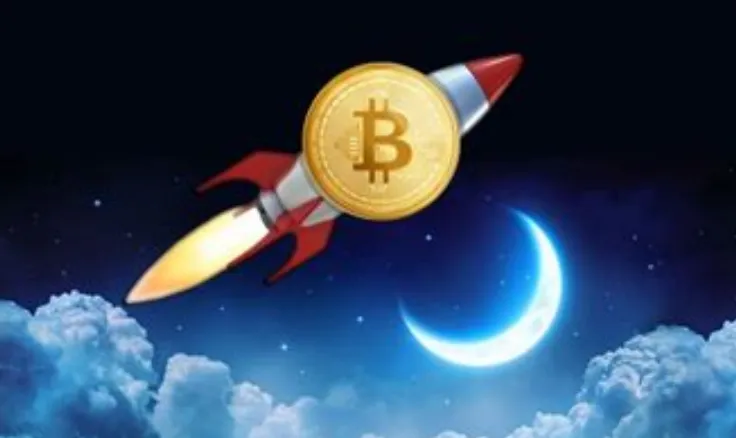After years of delays, the largest securities regulator in the world, the SEC (Securities and Exchange Commission), has approved a spot Bitcoin ETF (Exchange Traded Fund) in the United States.
It would be an understatement to say that Bitcoin adoption has come a long way from its early years.
If you had told someone in 2010 that the US government would eventually approve an ETF for "magical internet money" they would have thought you were ludicrous! But here we are, fourteen years later, with both institutions and nation states (like El Salvador) adopting it.
By the way, President Bukele had fun with the news on Twitter, gloating that El Salvador got in before the largest institution in the world 😏

On the one hand, we can say that the ETF approval is good news, because it means trillions of dollars that were locked up in major banks, pensions, and insurance funds can now start funneling into Bitcoin, and send its price to the moon.

On the other hand, we can say this is terrible news, because the idea of having an institution custody your Bitcoin goes completely against the original purpose of Bitcoin, which was to create peer-to-peer money that can be held and transferred without the need of a trusted intermediary.
That said, let's discuss why this news will increase the price of Bitcoin.
The approved Bitcoin ETF is a spot ETF, meaning the institutions that issue shares have to hold an equivalent amount of Bitcoin. If investors demand more Bitcoin in ETF form, the institution must buy more Bitcoin, and that should, in theory, increase its price.
Although the price of Bitcoin will increase thanks to the ETF, real world usage of Bitcoin will decrease, because investors no longer need to create a wallet, send transactions, or safely store a seed phrase. This basically defeats the purpose of a cryptocurrency.
Bitcoin-Backed Digital Currencies
One theory floating around out there is that world banks will eventually use Bitcoin to back newly issued digital currencies, such as CBDCs. The fact that the approved ETF has been changed from "in kind" to "cash in, cash out" (meaning customers can only redeem their shares for US dollars) could help institutions acquire the Bitcoin needed to issue such currencies.
The problem with that theory is the massive free market of cryptocurrencies competing with Bitcoin that people could choose to use instead. For example, currencies that are faster, more accessible, easier to use, and offer additional functionality like staking, lending, and governance.
For the time being however, Bitcoin will remain the top cryptocurrency until people start using their Bitcoin to speculate on other assets. In time, investors will realize that some of those assets have valid use cases.
Incoming Market Speculation
Thanks to this ETF approval, the upcoming Bitcoin halving, unlimited government spending, and the high likelihood of lower interest rates this year, we are likely heading into a speculative bull run in the near future.
This next bull run will involve fresh capital from institutions flowing into Bitcoin, which will then be redirected into other cryptocurrencies in a flurry of speculation. This has already happened in the previous bull runs of 2013, 2017 and 2021, and made it nearly impossible to distinguish between purely speculative and fundamentally strong crypto assets, if you had not done any prior research.

In previous articles we talked about how cryptocurrencies that are censorship-resistant, distributed fairly, and produce real economic activity will have the best chance of surviving through these periods of mass speculation to become part of our new economy.
Conclusion
After years of delays, the SEC has finally approved a spot ETF for Bitcoin. This will help insitutional investors gain exposure to Bitcoin without needing to manage their own seed phrases.
Despite this going against the original premise of Bitcoin, it will nevertheless cause the price to increase.
In the future we may see banks attempt to use Bitcoin to back newly issued digital currencies, but they'll have to compete with an open free market of alternatives.
Investors will use their Bitcoin to speculate on other crypto assets, and eventually discover several other viable use cases for public blockchains.

If you learned something that piqued your interest in this post, be sure to check out my other articles about finance and crypto here on Hive. Remember that you can also follow me on InLeo for more frequent updates.
Resources
BTC to the moon image [1]
Nayib Bukele's tweet [2]
Speculation image [3]
Man with light bulb [4]